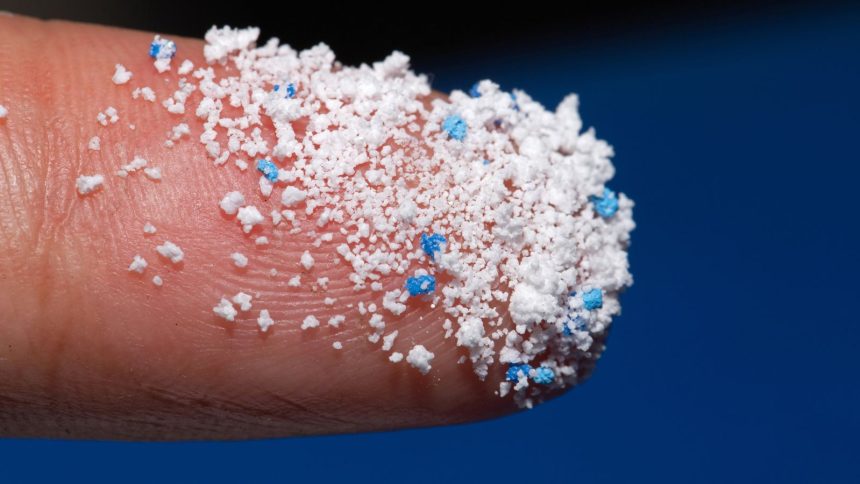(SQAUK) — Scientists have shockingly discovered that microplastics, tiny particles of plastic less than five millimeters in size, are infiltrating human brains. This revelation has sent shockwaves through the global scientific community, sparking fears about the potential long-term effects on human health.
Researchers have been sounding the alarm about the pervasive presence of microplastics in the environment for years. The recent discovery of these minuscule plastic particles in the brain tissue of living individuals and deceased donors has escalated these concerns to a new level. This marks a critical turning point in the ongoing battle against plastic pollution, underscoring the urgent need for immediate action.
According to The Hill, microplastics’ small size enables them to bypass the blood-brain barrier, a critical defense system protecting the brain from harmful substances. Once inside the brain, these particles can cause inflammation, disrupt cellular processes, and potentially lead to neurological disorders like Alzheimer’s disease, Parkinson’s disease, and other cognitive impairments.
The Guardian provides more details about the far-reaching implications of these findings. Microplastics have been found in the brains of humans and various animals, showing that this is not a problem affecting only one species. The widespread presence of microplastics in brain tissue indicates a global environmental health crisis that could impact millions of people.
Experts are calling for immediate action to reduce plastic pollution and mitigate the risk posed by microplastics. “We are only beginning to understand the full extent of the damage these particles can cause,” said Dr. Emma Smith, a leading researcher in the field. “This discovery underscores the urgent need for stricter regulations on plastic use and waste management.”
As research progresses, scientists are unraveling how microplastics breach the brain and the potential long-term health consequences. These findings have reignited the call for public awareness and policy interventions to combat the increasing threat of plastic pollution. This underscores each individual and policymaker’s crucial role in addressing this issue, making them feel empowered and part of the solution.
In the meantime, people are encouraged to reduce their exposure to microplastics by minimizing single-use plastics, supporting efforts to clean up plastic waste, and advocating for environmental protection policies. The presence of microplastics in the human brain is a potent reminder of the extensive effects of plastic pollution. It highlights the urgent need to safeguard our environment and health.
(Ad) Get the new book Hidden Axis: Forces Beyond the Visible World – Uncover the secrets they don’t want you to know. Dive into the truth about cosmic forces, government conspiracies, and humanity’s future.



